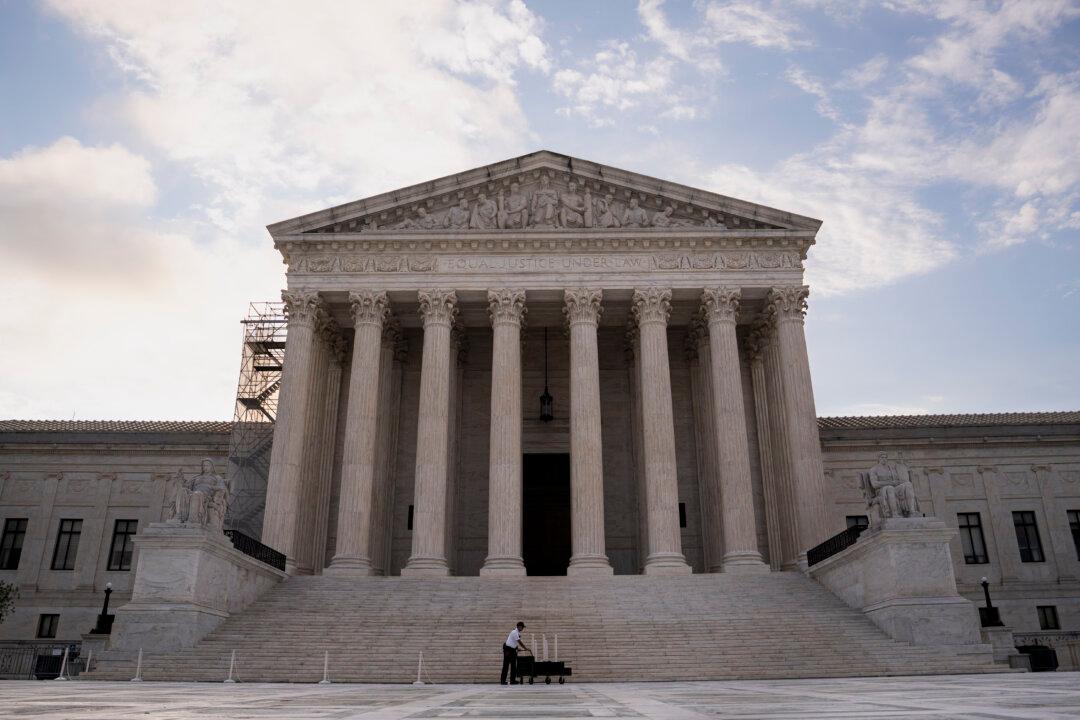Activists are returning to court to fight Alabama’s redrawn congressional districts, alleging that state Republicans failed to follow federal court orders to create a district that is fair to black voters after a U.S. Supreme Court ruling upheld those orders in June.
Plaintiffs in the high-profile redistricting case filed a written objection on Friday to oppose Alabama’s new redistricting plan, saying that GOP officials and lawmakers have flouted a judicial mandate to create a second majority-black House district or “something quite close to it.” They also allege that the current map is discriminatory to black voters in Alabama.





